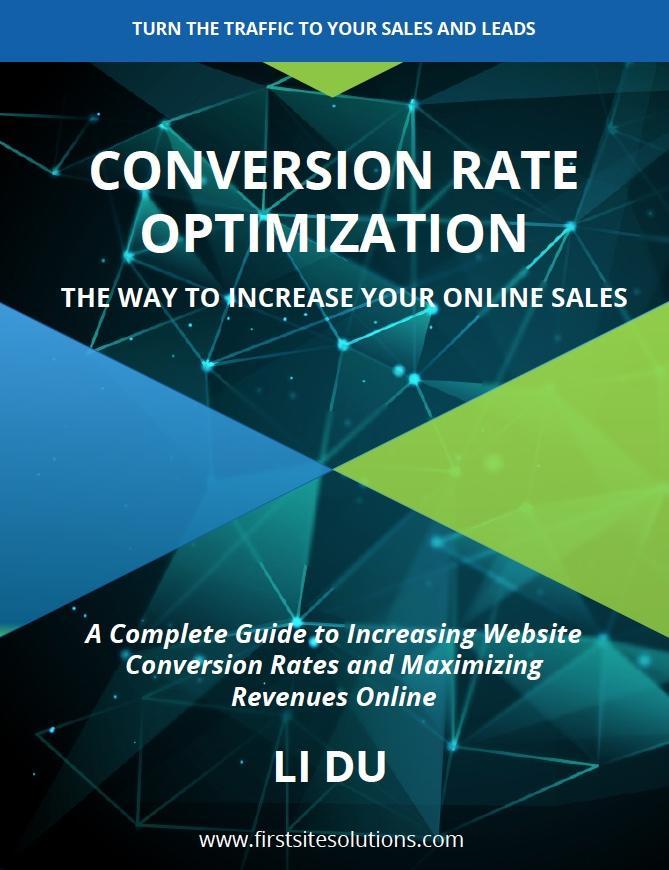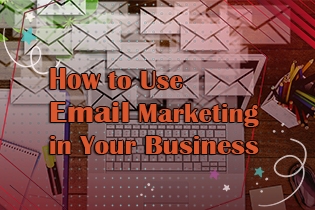
Content Marketing and SEO are both essential for your business, undoubtedly. Most of the users won't go to the next page on the Google search engine result pages. Integrating SEO into your content marketing strategy will produce favorable results and is very important for businesses to compete in the digital world. But the mistake most digital marketers make is seeing them as two different things, and that's where they miss the most amazing opportunities to attract traffic to their web.
Before merging them together, let's know each one in detail!
What is Content Marketing?

Content marketing is a strategic marketing model focused on making and distributing useful, pertinent, and consistent content to entice and retain a clearly defined audience and, finally, to propel profitable customer action.
It's a fantastic way to convey relevant information to your target audience that offers meaningful results. Content can get used to building customer loyalty by displaying thought leadership and effective responses to your customer's questions. If done rightly, content marketing can be highly lucrative in the long and short term business.
Every business should have a clear organization and marketing goals. Content can be used across the sales and marketing department, from creating visibility via various channels at the first stage of prompting interest through conversions.
What is SEO?
SEO is a marketing practice of boosting the quantity and quality of traffic to your webpage from organic search results on search engines, such as Bing, Yahoo, or Google. This can be known as free or natural traffic. SEO works when search engines choose your content as the best for the topic and display it on the top of search ranking results. There are various SEO techniques that can help to improve your SEO result, like improving metadata, using suitable tags, building strategic sitemaps, repairing broken links, etc., but the most important aspect of search engine optimization is how to leverage SEO in your content marketing to drive more traffic and sales for your business.
Now, let's learn how to gain the maximum of content marketing to boost your search rankings.
1. Create content that your target audiences will benefit from

The main aim of content marketing is to captivate your audience's interests through blogs or other forms of content that answer their questions and deliver them the information they need.
Hence, while writing a blog, you must keep in mind that it should not advertise your product. Instead, it should be a valuable piece that your customers will benefit from.
What topics do you think would interest your target audiences? What are the frequently asked questions from your customers?
Make a list of those topics and questions and then begin writing blogs about them. This way, you will render valuable information to your readers.
2. Choose the right Keywords
While searching online, most users don't take their time in framing long sentences detailing what precisely it is they're seeking. For instance, they won't search, "How to whiten my teeth? What toothpaste should I use?" but simply write "teeth whitening tips."
This often comes down to keywords. Online tools are now available to help you ascertain which keywords your target audiences are searching for.
Integrating high-ranking keywords in your content boosts your chances to climb the search ranking ladder. According to Brian Dean, 62.2% of organic traffic increases over six months when he used keyword research tools to identified keywords for content creation.
However, bear in mind that keywords should be used infrequently and everywhere. You want search engines to tag your content as pertinent, not spam.
Search engine algorithms are intelligent to ascertain the keywords' frequency and the pertinent terms in the article. So, above choosing the right keywords, make sure to use them naturally as well.
3. Remember the SEO basics
The basics of on-page SEO are there to render a pillar for a search-friendly site. These elements will give an extra boost to your content so that online users can find them conveniently. A quick recap you shouldn't miss out on.
- Title tag: When a search engine displays your web page, as a result, it does so by showing the page's title tag. This will be your initial move to entice visitors to your website, hence ensuring it's what they expect from the link. You can also place a keyword in it, as long as it naturally fits in.
- Image Alt tag: The idea that a picture speaks a 1000 words does need any explaining. But, search engines are still not able to thoroughly "reading" what your image is saying. The best way to make your photo search-engine-friendly is to add picture alt tags to work as captions.
- Meta Description: A quick glimpse of your content can boost the likelihood of a user clicking through your site. Hence, remember to write a clear meta description to further increase users' likelihood of reading the content you're posting.
- Tagging: If you manage a blog for your website, ensure that the entries are grouped through content tagging. This will make it easier for readers since tapping on a specific tag allows them to browse through content related to that topic.
4. Develop inbound links to your posts
You should know that getting inbound links or backlinks is critical to an effective marketing strategy. The more quality links you receive from other websites, the more Google will consider your website a valuable content source.
Many ways allow you to create links to your website—first one, email outreach. You will be disappointed to learn that 91.5% of outreach emails are neglected or dismissed, as Brian Dean studied. But, his team also discovered that outreach emails associated with link building have a 21.9% response rate.
Some of the best practices to produce inbound links via email outreach include reaching for brands or people that already know you. They might have addressed you in one or two of their past posts, or might be following your LinkedIn account.
Final Thoughts
By now, you should know that the way to boost your search rankings is with the help of great content. Bear in mind that content marketing not only enhances your chances of getting customers and visitors but adds value to the products and services your business provides. Hence, when boosting your search ranking, keep in mind that content is the king, and there is no other way.








